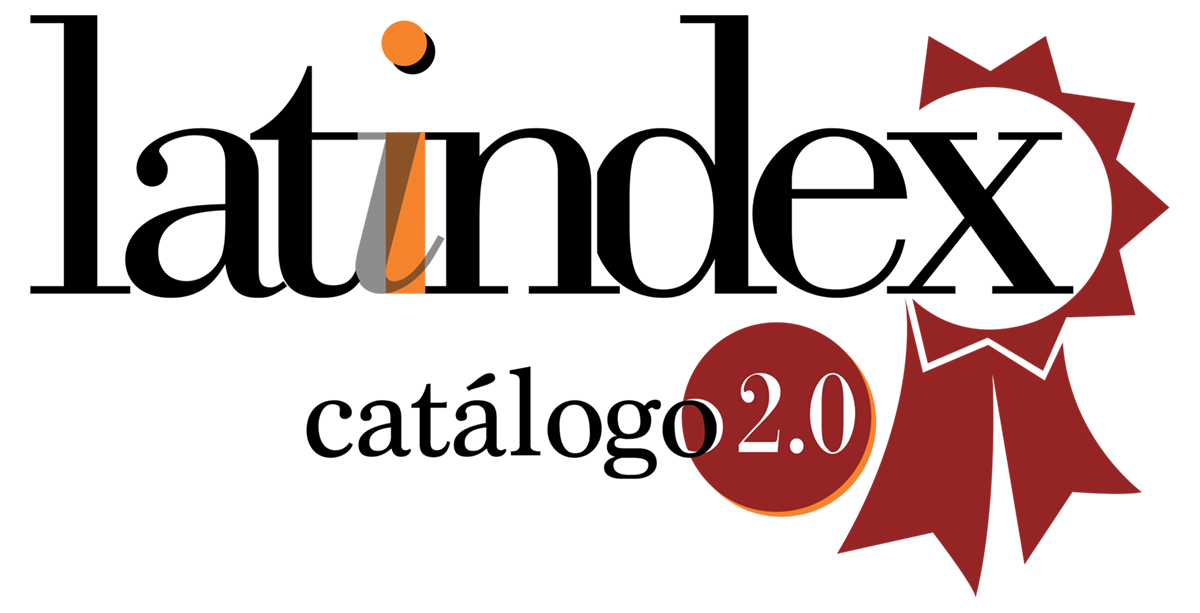Ludic Memory and Cultural Heritage in Paso de las Duranas (Montevideo, Uruguay)
DOI:
https://doi.org/10.24215/18529569e039Keywords:
game, toy, free time, leisure, file, ludic memoryAbstract
In the present work we make a general description of the Space for Comprehensive Training (EFI in Spanish): Games, Free Time and Leisure. Ludic memory and cultural heritage in the Paso de las Duranas neighborhood that takes place within the framework of the Universidad de la República (UdelaR/Uruguay), as well as a presentation of the preliminary conceptual formulations derived from its implementation. In particular, a conceptual approach to the notion of ludic memory was tested at the investigative trajectories of the Education, Society and Leisure Research Group (ESTiL/ISEF/Udelar). This project aims to investigate and carry out an intervention linked with leisure practices developed in a neighborhood in Montevideo-Uruguay, focusing on games and toys as material forms that operate in the mediation between generations. On this axis we articulated the themes of archive, heritage and ludic memory.
Downloads
References
Adorno, T. (1998). Educación para la emancipación. Morata.
Agamben, G. (2007). Infancia e historia. Adriana Hidalgo.
Arendt, H. (1996). Entre el pasado y el futuro: ocho ejercicios sobre la reflexión política. Península.
Balás, M. y Secco, L. (2018). Digitalización de la película Juegos y rondas tradicionales del Uruguay. En CDM y AGU, Juegos y rondas tradicionales del Uruguay (pp. 85-90). Centro Nacional de Documentación Lauro Ayestarán.
Barrán, J. P. (1991). Historia de la Sensibilidad en el Uruguay. Tomo 1. La cultura Bárbara. Ediciones de la Banda Oriental.
Benjamin, W. (1981). Escritos. La literatura infantil, los niños y los jóvenes. Nueva Visión.
Benjamin, W. (1991). El narrador. Taurus.
Benjamin, W. (2010). Ensayos escogidos. Cuenco de Plata.
Benjamin, W. (2011a). Papeles escogidos. Imago Mundi.
Benjamin, W. (2011b). Infancia en Berlín hacia el mil novecientos. ABADA.
Brougere, G. (2013). El niño y la cultura lúdica. Lúdicamente, 2(4).
Caldeiro, M. (2017). O corpo em jogo: a emergência do discurso sobre o jogo no campo da educação física no começo do século XX no Uruguai. (Dissertação Maestría em Educação). Universidade Federal de Santa Catarina, Florianópolis/SC.
Cantú, M. (2012). La historia en (las) imágenes. Archivo, memoria y video. En J. La Ferla y S. Reynal (Comps.), Territorios Audiovisuales: cine, video, televisión, documental, instalación, nuevas tecnologías, paisajes mediáticos. Libraria.
Dogliotti, P. (2012). Cuerpo y currículum: discursividades en torno a la formación de docentes de educación física en Uruguay (1874-1948). 327f. (Tesis de Maestría). Universidad de la República, Montevideo. http://posgrados.cse.edu.uy/sites/posgrados.cse.edu.uy/files/tesis_paola_dogliotti.pdf
Foucault, M. (2013). ¿Qué es usted profesor Foucault? Sobre la arqueología y su método. Siglo XXI
Fraser, R. (1993). La Historia Oral como historia desde abajo. La historiografía, (12), 79 - 92.
Gambarotta, E. (2022). A educação nos tempos do espírito do neoliberalismo. Perspectiva, 40(1), 1-15.
Jay, M.(2009). Cantos de experiencia. Variaciones modernas sobre un tema universal. Buenos Aires: Paidós.
Nora, P. (2008). Les lieux de mémoire/ Los lugares de la Memoria. Trilce.
Pérez Monkas, G. (2016). La (des)aparición de las prácticas corporales sometidas. Una arqueología en el Uruguay del siglo XIX (1861- 1871) (Tesis de maestría). Universidad Nacional de la Plata, Argentina.
Proust, M. (2010) En busca del tiempo perdido. Por la parte del Swann. s/c, Debolsillo ed.
Rettich, J. (2019) Enseñanza Universitaria: afectaciones desde la noción de experiencia. El estudio de las prácticas pre-profesionales en ámbitos de trabajo con la comunidad [en línea]. Tesis de maestría. Montevideo: Universidad de la República (Uruguay). Comisión Sectorial de Enseñanza.
Rodríguez Giménez, R. (2012). Saber del cuerpo: una exploración entre normalismo y universidad en ocasión de la educación física (Uruguay, 1876-1939) (Tesis de Maestría). Universidad de la República, Montevideo.
Rodríguez Antúnez, C. (2018). Para que nadie se olvide de jugar: Recorrido por un espacio de formación integral. E+E: Estudios de Extensión en Humanidades, 5(6). https://revistas.unc.edu.ar/index.php/EEH/article/view/21803
Scarlato, I. (2015). Corpo e tempo livre. As plazas vecinales de cultura física em Montevidéu (Tesis de Maestría). Universidade Federal de Santa Catarina, Florianópolis.
Tommasino, H. y Rodríguez, N. (2011). Tres tesis básicas sobre extensión y prácticas integrales en la Universidad de la República. Cuadernos de Extensión, (1), 19-42.
Published
How to Cite
Issue
Section
License
Copyright (c) 2023 Karen Kühlsen, Inés Scarlato, Camilo Rodríguez

This work is licensed under a Creative Commons Attribution-NonCommercial-ShareAlike 4.0 International License.
The acceptance of an original by the journal implies the non-exclusive transfer of the patrimonial rights of the authors in favor of the publisher, who allows the reuse, after its edition (postprint), under a Creative Commons License Attribution-NonCommercial-ShareAlike 4.0 International.
According to these terms, the material can be shared (copy and redistribute in any medium or format) and adapted (remix, transform and create another work from the material), provided that a) the authorship and the original source of their publication (magazine and URL of the work) are cited, b) is not used for commercial purposes and c) the same terms of the license are maintained.
The assignment of non-exclusive rights implies that after postprint in Extensión en red authors may publish their work in any language, media and format; in that case, it is requested that they signal that the material was originally published by this journal.
Assignment also entails the authors’ authorization for the work to be collected by SEDICI, the institutional repository of the Universidad Nacional de La Plata, and for it to be indexed in the databases that the publisher thinks appropriate for enhancing the visibility of the published work and its authors.
In addition, the journal encourages authors to submit their works to other institutional and thematic repositories after their publication in Extensión en red, under the assumption that offering society unrestricted access to scientific and academic production contributes to a greater exchange in global knowledge.








.jpg)

.png)


.png)





















